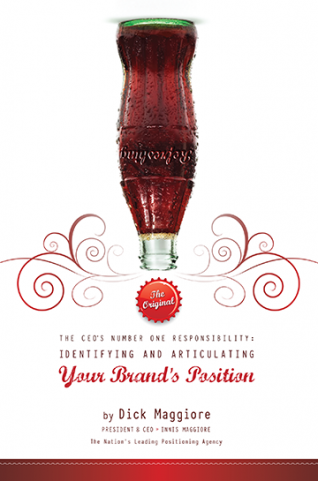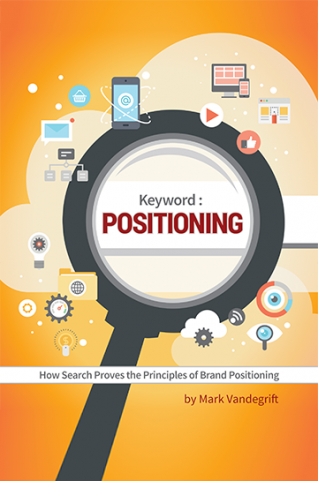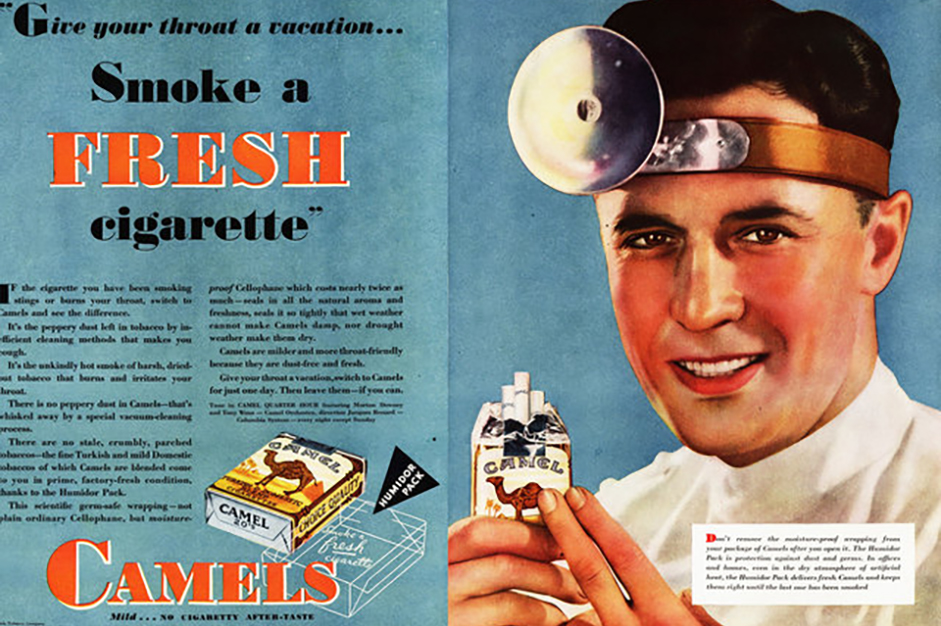We make decisions with the ‘emotional’ side of our brain, then we rationalize the decision with the ‘thinking’ side of our brain. Emotional appeal drives us to rational decision.
Do we make decisions based more on our emotional side or the rational thinking side?
For people in business, this is an important question. Whether writing copy for our websites, newspaper ads, Facebook posts, or even the proverbial elevator speech, it’s helpful to understand just how we make our decisions.
Rational vs. emotional appeal
Do we try to persuade with a hard-sell, rational, fact-based argument? Or do we use soft-sell, emotional appeal?
The left side of our brain specializes in reasoning. The left side likes math and science and problem-solving of all kinds. The right side of the brain likes music and art and creativity.
About 10 percent of the population is left-handed and, therefore, right brained. Interestingly, about 30 percent of our agency’s staff is left-handed, which confirms that creative types gravitate to the ad agency business.
Now for the answer to the question up top about decisions based on emotion or rational thinking: Clearly and unquestionably, research shows our decision-making is driven primarily by emotion. Studies have shown a correlation between high persuasion scores and a positive emotional response. We decide with the emotional right side of our brain, then we rationalize the decision with the thinking left side of our brain.
This is why choosy mothers choose Jif. If choosy mothers choose Jif, I should, too! I want the best for my family. It’s a safer decision to choose Jif.
Marketing targets our emotions
The idea of emotional appeal and advertising conjures up images of ads that feature babies and puppies and other heart-warming stories eliciting sadness or joy. While those do fall under the “emotional” category, there are many other emotions not as readily understood as emotions.
Emotions include a broad range of feelings and values, such as community and belonging, competition, control, creativity, duty, greed, fun, bliss, independence, power, status, sex appeal, respect of others, respect of self, achievement, morality, prejudice (or lack of), self-esteem, safety of body, safety of employment, family, health, shame, disgust, envy, pity, confidence, anger, fear, surprise, happiness, sadness, freedom, and duty — to name a few.
Many of our responses to these various emotions are subconscious, rooted in past experiences. We often don’t even know why we feel the way we do. Our emotional responses increase our level of attention; the higher level of emotion, the higher the level of intensity. This increases the chances of the advertiser’s message getting into the consumer’s mind.
Emotional appeal in the messaging
Remember, we are exposed to thousands of messages every day. So, getting attention is absolutely essential if there is any hope of getting into the mind and having an effect on consumer behavior. If your message makes your prospects “feel” something, you might break through the clutter. Advertisers should be trying to make emotional connections with people.
During the sales process, particularly with businesses selling to other businesses, rational reasons for buying a product or service are not only appropriate but also expected and often needed to close the sale.
Minds are insecure. We do what others are doing. We tend to follow the herd. Fear might be the dominant emotional impetus. If more hospitals use Tylenol, we think we should, too.
A long-running successful campaign for Camel cigarettes said, “More doctors smoke Camels than any other cigarette.” Times certainly have changed, but not the marketing principles. We find security in following the herd. It’s called the “Bandwagon technique.”
This is not true only of advertising. We make decisions all day long. Who we will marry (or not), what we’re having for dinner, where we’re going on vacation, what we will wear tomorrow, whether we have kids, adopt or neither, what and how much, if any, will you invest of your income, and will you exercise tonight? Emotions are behind all of our decisions.
“Good advertising does not just circulate information. It penetrates the public mind with desires and belief,” said William Bernbach, who in 1949 founded one of America’s greatest advertising agencies, Doyle Dane Bernbach (DDB).
It's basic emotional appeal. If we win the heart, we will win the mind.



